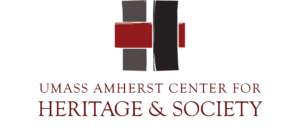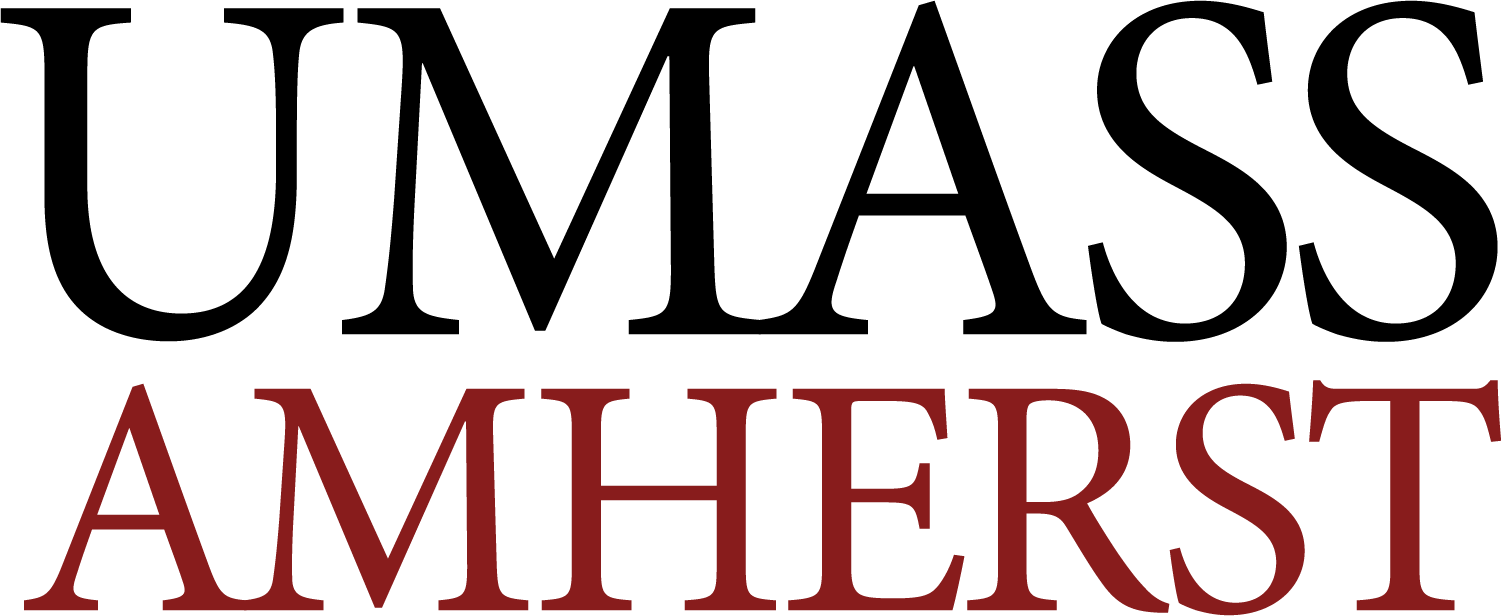The Role of Heritage during Migration and Displacement
A Symposium and Workshop held at the University of Massachusetts Amherst
April 30th and May 1st, 2017
Hosted by the WorldWide Universities Network (WUN) Understanding Cultures Global Challenge Group, and the Center for Heritage and Society, University of Massachusetts Amherst
Organized by Elizabeth Brabec, Director, Center for Heritage and Society, and Elizabeth Chilton, Co-ordinator, WUN Understanding Cultures Global Challenge Group
Heritage in the context of Migration and Displacement
Around the world, millions of people are either currently displaced or will be displaced on a global scale in the coming years due to conflict, and the effects of climate change and other natural disasters. Even in many seemingly stable communities, the natural, social and cultural landscape will be changing, as natural ecosystems feel the effects of climate change, and communities attempt to integrate those moving into the region.
To date, the majority of the heritage literature in the context of climate change has dealt with the impacts to architecture and monuments. This is also true of the focus of the effects of armed conflict, for example the $100 million pledged to the protection and repair of historic monuments by French President Hollande in 2016. In general, the UN, UNESCO, and development bank projects have focused on the protection of tangible heritage, particularly immoveable tangible heritage, in their considerations of threats to cultural heritage in the face of war and climate change. However, there is a desire on the part of a number of scholars to enlarge the scope of heritage beyond preservation.
What is lacking in the research, is a comprehensive approach to the importance, value and use of all types of heritage (moveable and immoveable, tangible and intangible, natural and cultural) to society and the role it plays in reducing the trauma of change and displacement. A strong sense of heritage has been demonstrated to be a key to a healthy sense of identity in the present, and a means of coping with an uncertain future, leading to a sense of ontological security and overall wellbeing.
Both tangible and intangible heritage play many roles in society: the creation of ontological security, resulting in a reduction of trauma during periods of change; a repository of traditional and indigenous cultural knowledge that provide ways of responding to a changing world; an ordering of physical space that supports social interactions reflective of a culture; the ability to create place anew from relocated or recreated cultural artifacts during periods of displacement. There has also been little focused research on how the recording, re-establishment and promotion of heritage through digital means could mitigate against the threats to cultural monuments and artifacts, cultural memory, and a core belief system embodied in the cultural stories we tell.
Four major advances are needed in this research area:
- basic research on the role of the various forms of heritage on the creation of place, reinforcement of ontological security and reduction of trauma during displacement;
- the importance and value of cultural heritage for societal resilience e.g. social, ecological, and economic well-being;
- the application of 1 and 2 above to international policy; and
- the exploration of the potential of emerging digital technologies for the documentation of heritage in crisis, as well as its use for aiding cultural memory.
The Heritage Agenda in WUN
The goal of this workshop is to develop the agenda and theme of heritage in the context of the WUN Understanding Cultures Global Challenge Group. Since the topic of cultural heritage is so broad, this workshop will focus on the issue of displacement and migration, which lies at the core of the relevance of cultural heritage globally. The first day (Sunday, April 30), the Symposium will feature speakers on topics relevant to developing this theme within the WUN UC Global Challenge Group, and we are soliciting paper submissions to be presented to the group. The second day (Monday, May 1) is designed to allow time for break-out sessions to better refine the agenda for heritage within the WUN. This will include a working dinner for those who are participating in the Research Development Fund project under the direction of Elizabeth Brabec. Others will use that day for travel to New York City for the WUN AGM.
Format of the two-day Workshop and Symposium:
SYMPOSIUM: Sunday, April 30th is a one-day Symposium that will explore the state of the research for the role of heritage in human migration and displacement. Members of the WUN (World Universities Network), and other researchers are invited to present their current research in a series of presentations. The goal of the symposium is to explore the state of the research, and also to produce a book of peer-reviewed papers. Full papers will be requested after the symposium, and double-blind peer reviewed. The proposed book will be presented to Routledge and/or Taylor & Francis for publication through their book series.
To present a paper at the workshop, please send abstracts to: conference.chs@umass.edu no later than April 15, 2017. Abstracts should be between 300 and 400 words, and should include the full names and institutions of all authors. Full papers will be requested from authors after the symposium, and will be double-blind peer reviewed prior to being published in book form later this year. Once we have received the full papers from authors, a book proposal will be submitted to Routledge.
Please indicate which of the following sub-themes would be most relevant to your paper:
Sub-themes:
- Resilience, place and place-making: What is the role of heritage in identity and ontological security?
- The portability of heritage: Intangible heritage and its migration from homeland to resettlement location;
- Contested urban spaces: Can an understanding of cultural heritage support inclusion rather than exclusion in urban public space?
- Choosing migration: How choice affects the trauma related to leaving home
- Digital heritage and its role in cultural memory
WORKSHOP: Monday May 1, WUN members will be convening to create a work plan for the coming year to culminate in a second international conference in 2018 that more fully explores this theme in heritage research. Researchers from non-WUN universities and institutions are also invited to attend the workshop meetings as ex-officio members to engage in the continued discussion.




